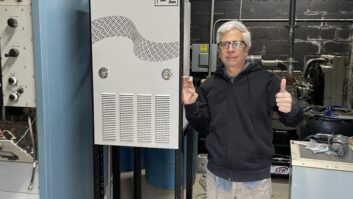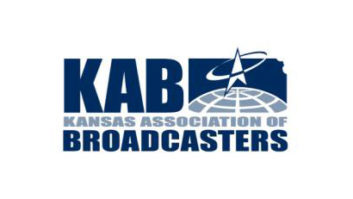
The U.S. House on Tuesday passed Ray Baum’s Act.
The National Association of Broadcasters said the legislation would ensure that broadcasters are “fairly reimbursed for expenses related to the spectrum ‘repack.’” Among other matters of telecom policy, it provides a mechanism to compensate radio stations affected operationally by the TV repack process. The Senate has yet to act but an agreement among Hill leadership suggests the outlook is good.
How much money would be available? Appropriators working on a federal government “omnibus” spending bill are the ones will decide how much additional will be provided for the repack beyond $1.75 billion that was in the original repack legislation. But a broadcast source said that House Commerce Committee leadership — Rep. Greg Walden (R-Ore.) and ranking member Frank Pallone (D-N.J.) — along with Senate Commerce Committee leadership — Sen. John Thune (R-S.D.) and ranking member Bill Nelson (D-Fla.) — are suggesting to appropriators that they add an additional $1 billion.
That $1 billion, the source said, would be broken out as follows: $750 million for full-power TV stations; $150 million for low-power TV stations and TV translators; $50 million for radio stations; and $50 million for an FCC consumer education fund.
The impact of the repack on radio stations would chiefly be from having to power down or turn off signals to avoid exposing repack workers nearby to RF. NAB believes 600 or more FMs could be affected by the repack process. More than 100 of those are affected by three or more repacking TV stations; some by as many as six, and the TV station’s repack schedules might require multiple requests for the FMs to power down or cease operation. Many don’t have aux facilities.
NAB President/CEO Gordon Smith said NAB will continue to work with Walden and Pallone, along with their colleagues in the Senate, “to ensure this legislation’s passage into law along with full funding for the repack in the final omnibus spending bill.”
Radio is only part of a bigger picture here. Commissioner Michael O’Rielly said in a statement, “This package represents a bipartisan, bicameral compromise that both makes good on a promise to broadcasters to hold harmless full power television and radio broadcasters in the incentive auction and puts the country on an important path towards leadership in 5G.”
Specifically, O’Rielly continued, “by including both MOBILE NOW and the Spectrum Deposits Act in today’s compromise, it provides an important technical fix and lays important groundwork for the FCC to proceed with key spectrum auctions. Once this becomes law there are several large-scale spectrum auctions for mid-band and millimeter wave spectrum — especially the upper 37 GHz (37.6–38.6 GHz) — that the commission needs to conduct in the very near future.”
O’Rielly noted that while the final compromise omitted certain FCC process reforms, “I expect this issue to be revisited in Congress or through our own initiative and look forward to improving the transparency and functionality of the commission.”
Gary Shapiro, president and CEO of Consumer Technology Association, also noted the provisions from the MOBILE NOW Act: “Americans depend on spectrum to power the smartphones, tablets and many other connected devices that are used in everyday life. This legislation will secure additional spectrum for commercial use by 2020, allowing American consumers to stay online and connected.”
The act’s full name is Repack Airwaves Yielding Better Access for Users of Modern Services Act of 2018, named to memorialize the late Ray Baum, staff director of the House Energy & Commerce Committee as well as a former NAB executive.











